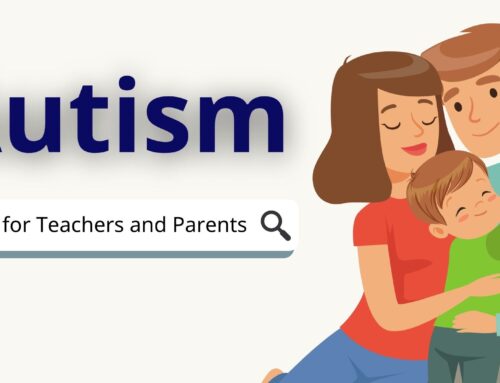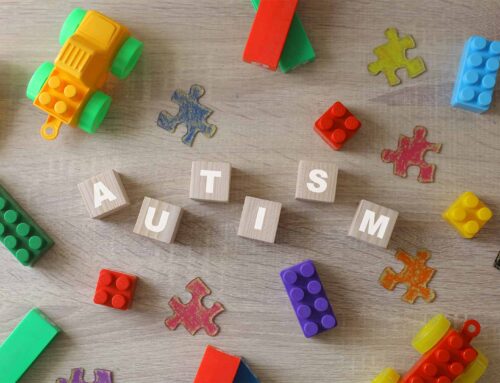In Cambodia, the push towards inclusive education is transforming the educational landscape, creating opportunities for all children, including those with disabilities. This movement aims to ensure that every student, regardless of their individual challenges, can access quality education in a supportive environment. Here’s how Cambodia is advancing inclusive education and what this means for children and families.
Understanding Inclusive Education
Inclusive education is the practice of educating children with disabilities in mainstream schools with their peers who do not have disabilities. This approach not only benefits students with special needs by providing them with equal educational opportunities but also enriches the learning environment, promoting diversity and empathy among all students.
In Cambodia, the shift toward inclusive education has been gradual but impactful. It involves various strategies such as modifying curriculum, training teachers, and adapting physical environments to ensure that schools are accessible to everyone.
Government Initiatives and Policies
The Cambodian government has made significant strides in promoting inclusive education through policies and reforms. Key legislation, such as the Education Law of 2007, underpins the commitment to provide education for all children, emphasizing the need for special measures for disadvantaged groups, including those with disabilities.
Moreover, the Ministry of Education, Youth and Sport (MoEYS) has developed policies that specifically address the needs of students with disabilities. These include training programs for teachers in special education needs and the development of resource centers that provide specialized tools and materials.
Challenges in Implementation
Despite these positive steps, challenges remain in fully implementing inclusive education throughout Cambodia. These include limited resources, insufficient training for teachers, and a lack of awareness about the benefits of inclusive education among parents and communities.
Additionally, societal attitudes and stigma can pose significant barriers. Changing these perceptions is crucial for the success of inclusive education, as community support is essential to integrate children with disabilities into mainstream schools successfully.
Community and NGO Support
Non-governmental organizations (NGOs) play a vital role in supporting inclusive education in Cambodia. They provide resources, training, and advocacy to ensure that children with disabilities are not left behind. Programs offered by NGOs often focus on training teachers, providing adaptive technology, and creating inclusive educational materials.
Community initiatives are also critical. Local projects often involve parents and community leaders, raising awareness and promoting acceptance of children with disabilities in local schools.
The Road Ahead
While there are challenges, the future of inclusive education in Cambodia is promising. Continued efforts by the government, along with support from NGOs and local communities, are essential to build an inclusive educational system that benefits all children.
As these efforts evolve, the hope is that more children with disabilities will not only attend school but thrive within their educational environments, supported by their peers and teachers in a truly inclusive setting.





Leave A Comment